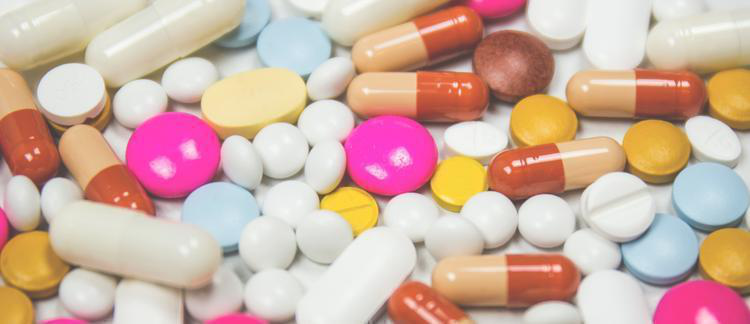Abstract
This study aimed to develop xerogels for delivery of aspirin via the oral (buccal mucosa and GIT) route in geriatric patients with dysphagia. Xerogels were prepared using low molecular weight chitosan (CS), carrageenan (CAR) and metolose (MET) in different ratios, loaded with aspirin (75 mg). Gels (2.5% w/v and 4.0% w/v) were prepared (60 °C) using 40% v/v ethanol and freeze dried for 48 hours. Xerogels (2.5% w/v MET: CAR 3:1 and 1:1, 4.0% CAR: CS 1:3 and 1:1 and 4.0% MET: CS 1:3 gels) were characterised with texture analysis (TA) for hardness and mucoadhesion, swelling index (%) and porosity (%) to identify an optimised formulation for controlled release (buccal) and fast release (GIT) delivery. Scanning electron microscopy (SEM) was used to assess surface morphology and X-ray diffraction (XRD) to assess the physical form of the formulations (amorphous or crystalline). Xerogels from 2.5 % w/v MET: CAR 3:1 and 1:1 gels showed higher swelling capacity (%) (more than 2 hours to disintegrate) and can be applied to the buccal mucosa for controlled delivery of the API while 4.0 % w/v CAR: CS 1:3 and 1:1 can be used as rapid release xerogel (disintegrated within 2 minutes) for oral GIT delivery.
Keywords
granules, raman microscopy, taste masking, tablets
How to Cite
Farias, S., (2018) “Aspirin loaded xerogels for buccal and oral GIT delivery for patients with dysphagia to target deep vein thrombosis”, British Journal of Pharmacy 2(2). doi: https://doi.org/10.5920/bjpharm.2017.18
1112
Views
362
Downloads
1
Citations
